
Twining, Benjamin S., Saito, Mak A., Santoro, Alyson E., Marchetti, Adrian, Levine, Naomi M., "US National BioGeoSCAPES Workshop Report", 2023-01-09, DOI:10.1575/1912/29604, https://hdl.handle.net/1912/29604
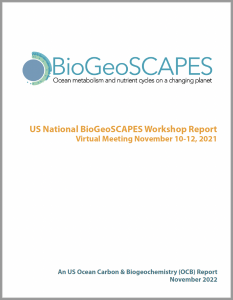
Laying the foundation for a potential future BioGeoSCAPES program: Assessing needs and capabilities for studying controls on ocean metabolism through integrated omics and biogeochemistry
November 10-12, 2021
PIs: Ben Twining, Mak Saito, Alyson Santoro, Adrian Marchetti, Naomi Levine
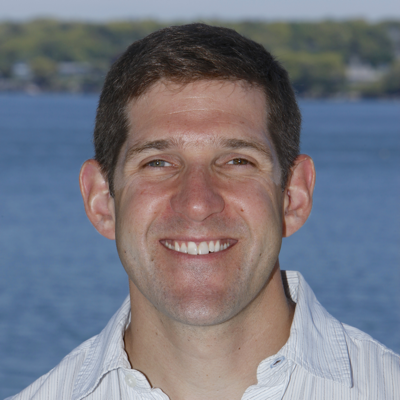
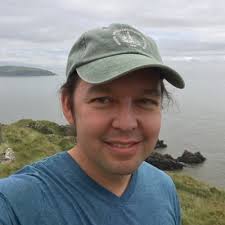
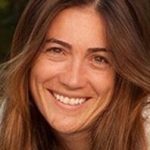
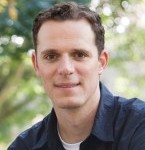
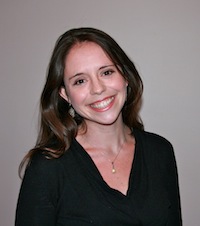
DRAFT WORKSHOP AGENDA
All times in ET, from 13:00-16:30 each day
| Day 1 Wednesday, November 10 |
||
| 13:00 | Welcome |
Naomi Levine |
| 13:10 | BioGeoSCAPES: A brief history |
Adrian Marchetti |
| Lessons from other international programs | Alyson Santoro | |
| BioGeoSCAPES community building in other countries | Maite Maldonado | |
| Motivation for BioGeoSCAPES and goals for this meeting | Ben Twining | |
| Q&A | ||
| Watch recording | ||
| 14:15 | Breakout discussions
What existing communities and networks should we connect with (that are not shown in this diagram)? List examples of good community building efforts within (and beyond) the oceanographic community we can learn from What are potential barriers to interdisciplinarity and inclusivity in a global effort like this and how can we address them? |
|
| 15:00 | Summary and homework for Day 2 | |
| 15:00-16:30 | Poster session on gather.town | |
| Day 2 Thursday November 11 |
||
| 13:00 | Welcome: Summarize day 1 breakouts, review plan for the day | Alyson Santoro Adrian Marchetti |
| 13:15- 14:00 | Poster session on gather.town | |
| 14:00 | Updates from intercalibration activities -Overview of BGS intercalibration -Update on proteomics intercalibration -Update on NA omics intercalibrationWatch recording - Part 1 |
Mak Saito Paul Berube |
| 14:30 | Breakout Discussions
What hypotheses could be addressed by BGS program, towards goal of coalescing around high-level motivations? What are compelling questions that can’t be addressed by a single group and really require a coordinated program? What are the key intercalibration needs to help support and realize our science goals? |
|
| 15:00 | Break | |
| 15:10 | Talks: Examples of potential BioGeoSCAPES science questions | Scott Gifford Bethanie Edwards Julie Granger Scott McCain |
| 16:10 | Summary and feedback via Mentimeter and homework for day 3 | |
| Day 3: Friday November 12 - on Zoom |
||
| 13:00 | Welcome and summarize day 2 breakouts | Ben Twining Naomi Levine |
| 13:15 | Talks: Examples of potential BioGeoSCAPES science questions | Daniele Iudicone Lihini Aluwihare Sarah Hu John Casey |
| 14:15 | Breakout discussions
Describe successful models of interdisciplinary BioGeoSCAPES science. Brainstorm ways to effectively integrate across disciplines. Brainstorm novel applications of tools to address global questions. |
|
| 15:00 | Break | |
| 15:05 | Discussion: what are the overarching similarities that make these studies and other studies good examples for BioGeoSCAPES? What are the scientific synergies that could be cultivated to maximize science return? | |
| 15:30 | View from NSF | Mike Sieracki |
| 15:50 | Meeting wrap-up and discussion of next steps | |
Scoping Workshop Objectives
Understanding ocean metabolism on a changing planet is a complex and challenging problem that requires coordination across many different fields. We find ourselves finally at a point in time where international momentum has built and we are methodologically and intellectually poised to take on the challenge of an integrated microbial biogeochemistry program. Critically, we see the international community moving forward with a BioGeoSCAPES initiative and feel it is imperative that the US maintain a co-leadership role. This workshop represents an opportunity for interested US scientists to contribute to the development of key scientific questions that a coordinated microbial biogeochemistry program could address and articulate how those would bridge disciplines (e.g., questions that are fundamentally biological, chemical, or both). Participants will discuss currently available technical capabilities, as well as obstacles to be addressed in order to address the proposed studies. Project scope will be discussed, with efforts made to develop consensus on how to focus the BioGeoSCAPES program within the broader fields of biological and chemical oceanography. Ongoing 'omics intercomparison and intercalibration efforts (ocean metaproteomics, ocean nucleic acids) will lay critical foundation for BioGeoSCAPES, and participants will provide updates on their status and discuss further efforts that will be needed for those domains. Furthermore, additional analytes that may be of scientific value may be identified as needing intercalibration efforts in order to create globally intercomparable values needed for a large-scale program. For a preliminary schedule, we propose to begin with an introduction by the conveners, followed by several plenary talks to set the stage for the discussions, and then having a combination of large and small group discussions on various topics such as:
- scientific questions of interest (with breakout groups by geographic region and depth)
- analytes of interest and availability of intercalibration standards for ensuring accuracy in large-scale sampling programs
- integration of sampling modes and their integration with scientific objectives (e.g., temporal and spatial)
- available and emerging sampling platforms
- challenges of data management and archival, synthesis, and modeling
- scope of the BioGeoSCAPES initiative (i.e. balance of field vs. lab measurements, section vs. process studies
- mechanisms to facilitate international coordination
- potential funding sources and feasibility with the US system
Anticipated Outcomes
An important aspect of the workshop will be using the discussion to develop a list of action items to enable the US program to further the progression towards a global-scale microbial oceanography capability required for a BioGeoSCAPES program. Primary outcomes will include:
- Community-building of a diverse group of national scientists with expertise in microbial biogeochemistry
- Workshop report summarizing workshop findings and future action items



